How to vote this local election
Don't vote with your wallet. Pick people who play nicely with others.
In this article:
Why rates are a bargain
How Council funding works
What to look for in a Councillor.
It’s local election time in New Zealand, which means the roadside hoardings are everywhere – along with earnest candidates promising to somehow improve services and cut your rates bill. Is that possible?
Why rates are a bargain
In this economy, that's a tempting offer. But Kiwis, before you vote with your wallet, consider this: of all the bills crushing homeowners, property rates might be a bargain.
The costs of owning a home
For most homeowners, the biggest cost, by some margin, is your mortgage. Over decades, you’ll pay six figures in interest - while banks make record profits. You’ll also pay thousands annually in insurance premiums, just in case.
FIRE industries (Finance, Insurance, Real Estate) comprise around 15% of New Zealand's GDP – over $50 billion – with the profits are squirreled away to shareholders. You get nothing tangible or real in exchange for this spend, and they offer little to the economy in return. David Graeber called this "financial violence" - industries that extract value from people, without contributing anything to tangible economic productivity.
Rates, in contrast, stay in your community and translate to life-enhancing outcomes and services. But when we choose which bill to protest, it’s rarely the insurance companies dealing with a picketing mob.
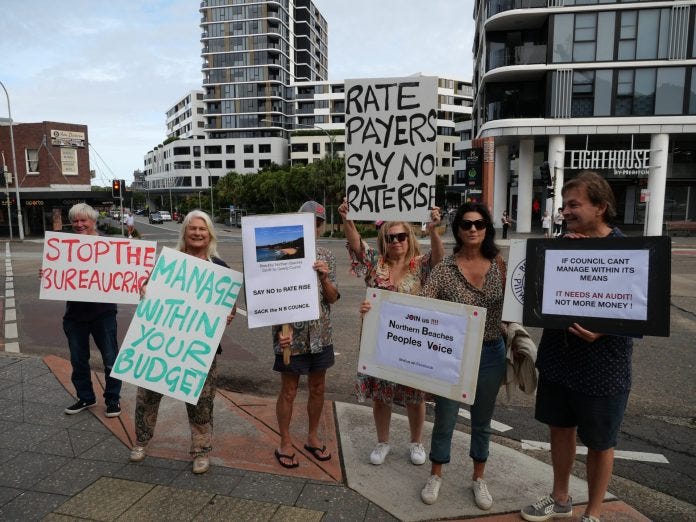
What you get for your rates
Compared to other costs of owning your home, rates offer exceptional tangible return.
There’s a footpath outside your house to place your rubbish and recycling for collection. Underneath, pipes and drains offer clean drinking water and efficient sewage disposal. Your town centre is clean and well-lit, with parking available.
You can borrow books from your local library, swim at your community swimming pool, attend a concert at your event centre, or check out your local archives and a new art exhibition. You trust restaurants won’t make you sick, buildings won’t collapse beneath you and wild dogs won’t attack your children. Most homes are within walkable distance of public open space for exercise, sport, or play.
How Council funding works
Councils are cost-effective - despite the bad press
Councils stretch your rates a long way. In Australia, local government delivers 25% of public services for just 4% of the tax take. New Zealand Councils, too, punch above their weight in service delivery relative to funding share - and rates have remained astonishingly flat over the last 100 years, while central government taxation has risen exponentially.
Every year, Councils pick up government’s slack - a practice known as “cost-shifting” which adds hundreds to the average ratepayer’s bill - and every year, they’re told they’re doing it wrong, spending too much, and should stick to their knitting.
The New Zealand government is proposing further constraining Council’s decision-making and revenue-raising by capping on rates revenue. Similar schemes have yielded disappointing results and unintended consequences in neighbouring jurisdictions like New South Wales and Victoria, widening infrastructure deficits and creating a class of ‘unsustainable’ Councils.
In a moment of insight, Minister Winston Peters has cast doubt on the proposed capping policy: "It's a case of doctor, heal thyself" he said, "we can't be preaching to them when we haven't got our own spending under control ourselves."
With the NZ Infrastructure Commission showing financing regulations already strangle Council’s infrastructure investment, and promised GST-sharing arrangements being “kicked down the road” capping revenue will make it even more difficult for Councils to provide the assets and services their community needs and wants.
Councils do a lot with a little
Overzealous regulation and oversight doesn’t help. New Zealand Councils must plan infrastructure 30 years out and run a 10-year work programme and budget. This is an onerous slog, especially for small Councils - and can swallow most of a year, just in planning and reporting. It's also a standard central government doesn't apply to its own spending or infrastructure plans, despite having the bureaucrats available to make it happen.
Rates are rudely gathered but fairly and transparently spent
Most taxes are polite, gently sliding out of your wages or burrowing into your grocery bill. For the self-employed, tax feels like a cost of earning money, not a bill to pay. Most of us have little sense of where those tax dollars land, or how directly they return to us.
Rates are rudely visible, with a bill arriving every few months, demanding to be paid. Yet rates are gathered and spent more fairly and transparently than other taxes. Councils don’t just slap a flat fee on every property. They have a surprisingly sophisticated cost model, using a mix of general rates, targeted rates, and user charges. If you benefit more, you pay more. Development levies, targeted transport rates and dog registration fees keep the system fair and proportional. Compare this to GST, where a billionaire and a beneficiary pay the same rate on a loaf of bread.
You have meaningful opportunity for input
Annual reports provide incredible detail about where your rates have gone, and how each service and project is funded. And if you don’t like how it’s being done? You can write a submission, speak directly to politicians, and watch them debate what to do next. You’ll then receive a direct, individual response, explaining what they’ve decided and why. It’s the closest thing we have to Athenian-style direct democracy.
Spare a thought for the Mr Muddle of government
Councils work in a regime of contradictions. They provide services in a legislative framework requiring elections, community engagement, and consultative decisions – and are asked why their operations aren’t more efficient.
They confront increasingly constrained funding environments and watch their share of the tax take decrease over decades – only for those struggles to be used as evidence they’re bad with money. They absorb the ongoing transfer of costs, services, and responsibilities from state and non-profit actors – before being accused of scope creep. They are mandated to make intergenerational decisions on infrastructure and facilities – then rebuked for using intergenerational funding mechanisms.
Despite this, they deliver more, dollar for dollar, than any other public institution. Good one, Councils.
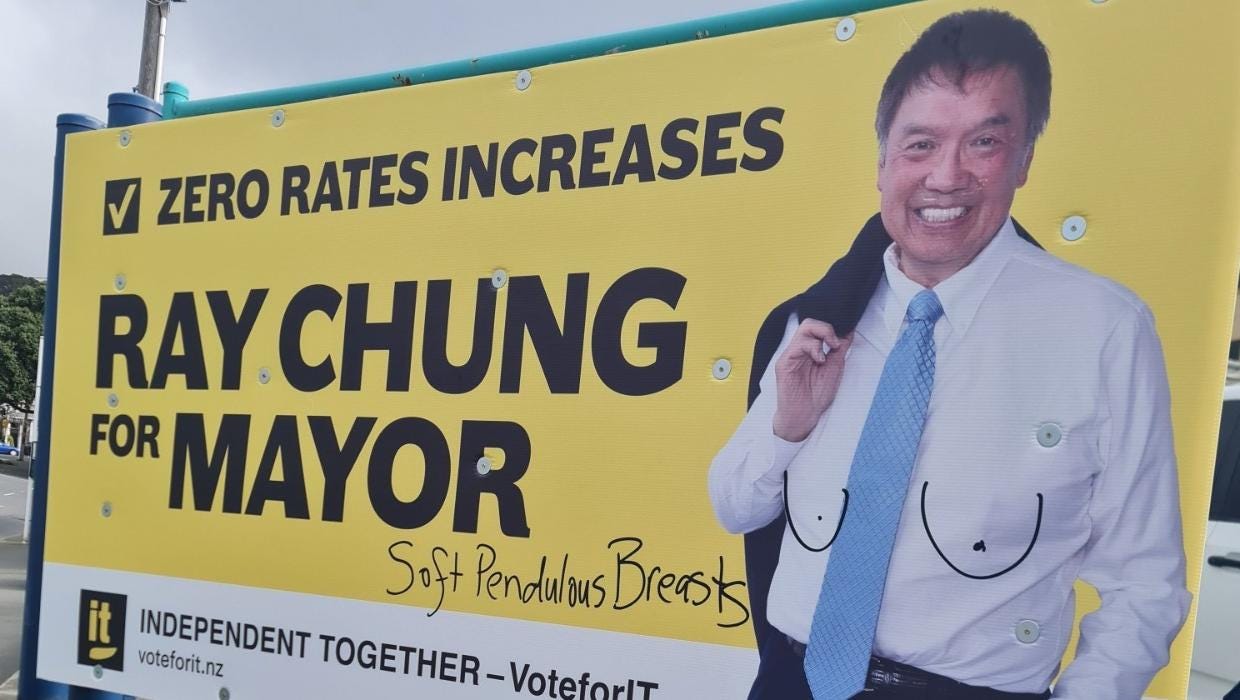
What to look for in a Councillor
Council candidates promising rate cuts are selling false hope. You won’t see a meaningful reduction on your bill, but you might lose services that make your life better. When Councils cut spending, parks get neglected, pools close, libraries reduce hours, and infrastructure maintenance gets deferred, creating bigger bills later.
It’s easy to blame Councils for ineptitude or inefficiency - and some of that criticism is justified. But compare your spending as a property owner, and rates are terrific value.
So this election, resist the siren call of rate cuts. Vote for candidates who understand good local government costs money - and delivers extraordinary value for every dollar spent. Focus on the policies and ideas your aspiring candidates have to offer, but more than that, look for candidates who demonstrate they can play well with others.
Why you should vote for team players
Local government is a uniquely fractured decision-making environment: a dozen political parties of one, who need to build alliances and collaborate to make any progress. While elections reward competition, governance demands collaboration. Good governance includes consulting widely with the community - which asks for candidates who don’t have firm and fixed positions, and are willing to take different points of view into account.
The Councillors who will make the most difference are those who can work best with others - so while the person jumping up and down about rates and making enemies of the staff might appeal to your frustration, they’re unlikely to be very effective in their job. Look for open-minded, collaborative leaders who don’t resort to attacks or simple narratives for popularity.
Vote!
Above all: vote! New Zealand doesn’t have mandatory voting at any level, and the turnout for local government elections is abysmal - around 40%, compared to 77% turnout in a general election. And guess who’s more likely to vote? The people who already benefit the most in decision-making.
If you want something to be different, and you want to engage at a level where you’ll actually see the difference in your daily life - it’s time to give a shit about local body politics. Stop whinging about your rates, get to know your local candidates, and get involved.
Don’t know who’s running or where to vote? Check out Policy.nz for information about your local candidates!



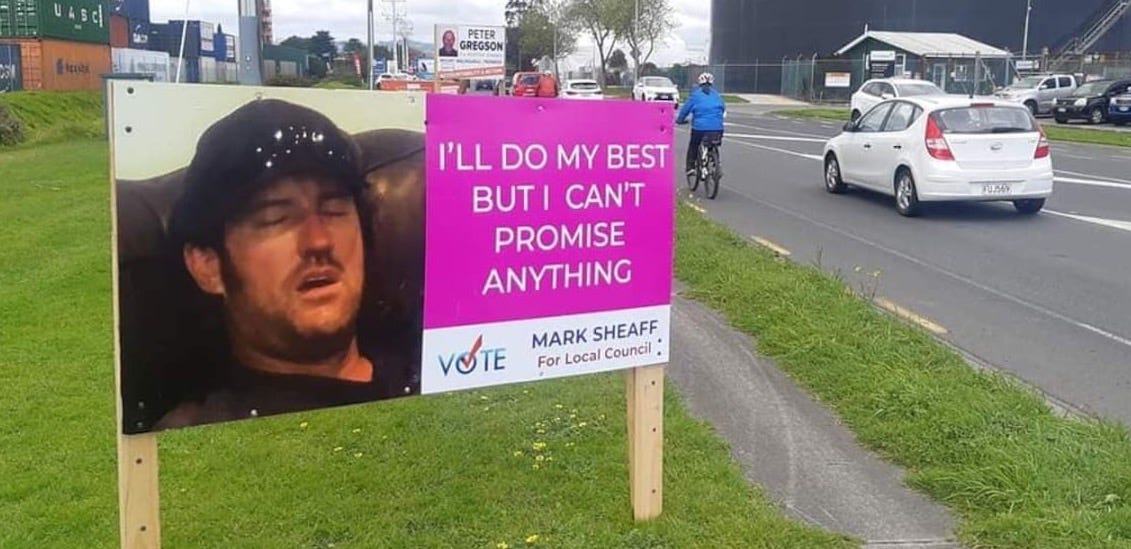
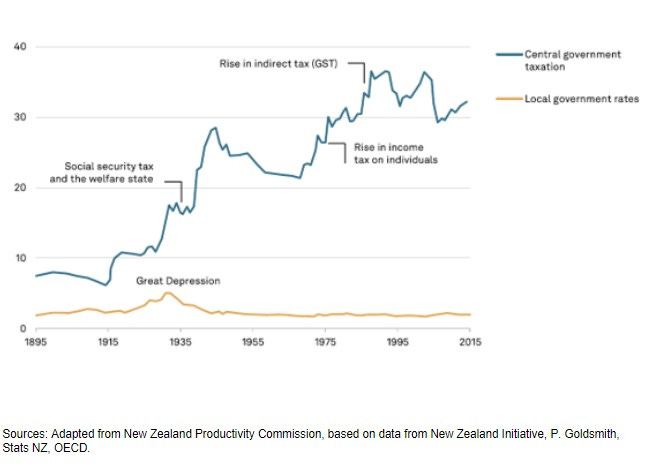


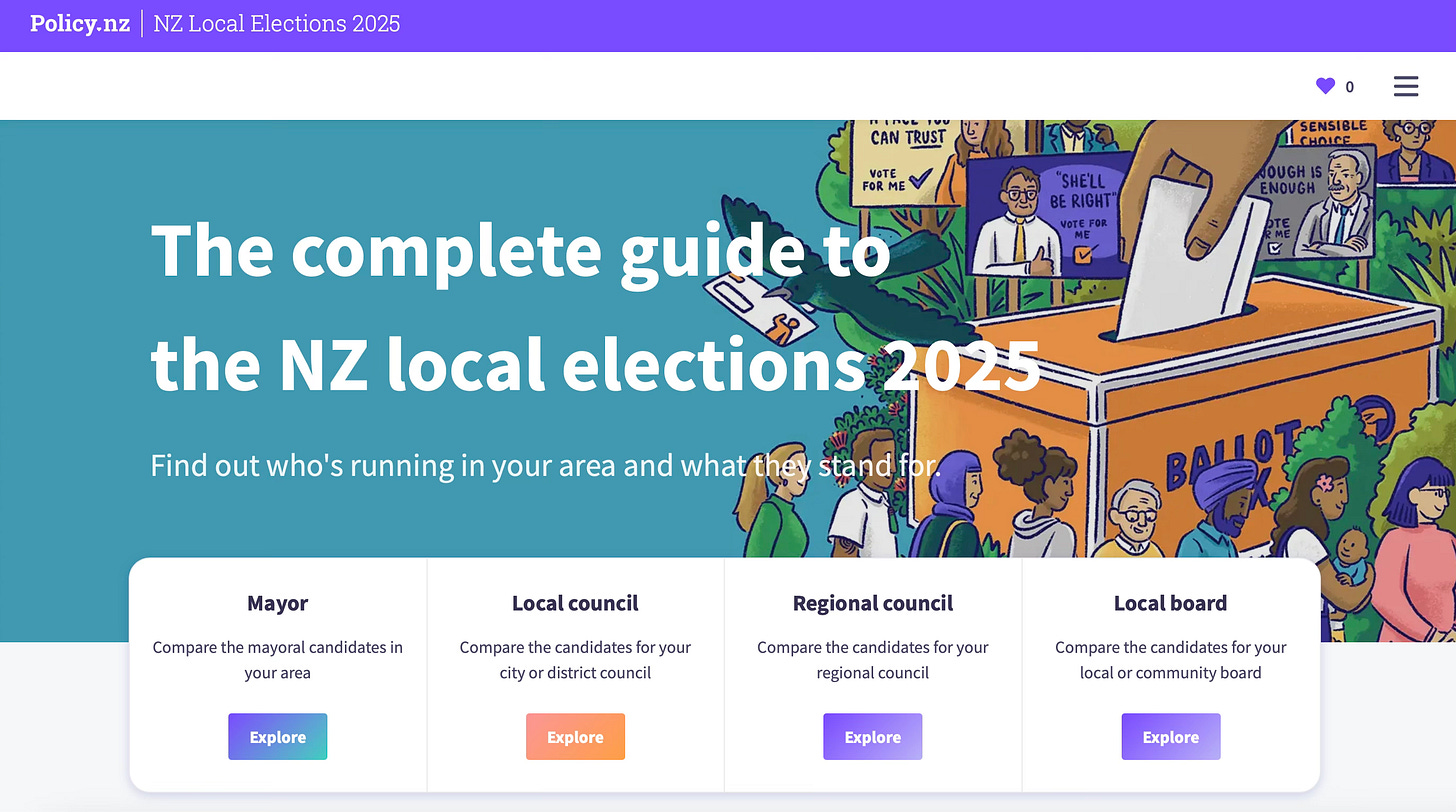
Nothing like working within a council to truly understand the impossible task it is given. Consider libraries, where the general public, with a card and a promise, can just WALK OUT THE DOOR with hundreds of dollars worth of items. After spending the last decade in the tech bro industry, I appreciate the thankless job of local government all the more!